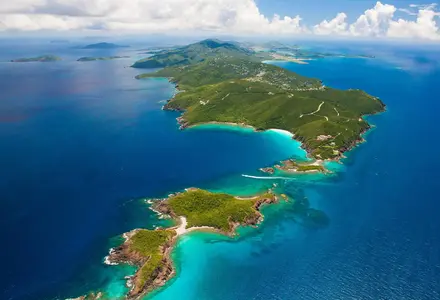
ENVIRONMENT
SAFEGUARDING THE ENVIRONMENT
The environment is an integral part of our development model. Its protection is both a prerequisite for the success of our businesses and a source of competitiveness.
At TotalEnergies Marine Fuels, we strive to achieve the highest possible environmental standards through the whole delivery chain, from the refinery or LNG terminal to the customer vessel.
Our objective is clear – zero pollution incidents on land or sea. Here are ways we safeguard our environment:

Anti-Pollution Preparedness
We believe that prevention is the best response to pollution. By anticipating pollution risks, we can more effectively prepare for them and respond immediately in the event of an emergency.

Vessel Technical Standards
All our bunkering vessels are stringently vetted against the highest international standards before we use them to supply our customers, ensuring that our fuel are delivered safely and cleanly.
Support Shipping’s Decarbonization Journey
As part of shipping’s decarbonization goals, the International Maritime Organization (IMO) has set the goal of reducing at least 50% in its total annual greenhouse gas (GHG) emissions from international shipping by 2050, compared to 2008.
Rising to this challenge will require shipping to embark on an energy transition from its current dependence on heavy fuel oil, to more sustainable, cleaner, lower- and even zero-carbon energies.
At TotalEnergies Marine Fuels, we are proud to be part of this global energy transition – both within our own organization and within today’s shipping industry.
In May 2020, TotalEnergies declared its ambition to get to net zero emissions by 2050, together with society.
As part of an integrated, broad energy company operating across the oil and biofuels, natural and green gases, renewables and electricity markets, we are committed to creating multiple energy solutions that are clean, reliable, practical and above all – effective for our shipping customers’ energy needs and decarbonization strategies.
Joining Forces To Decarbonize The Maritime Industry
Decarbonizing shipping will require collaboration and cooperation right across all sectors of the industry. At TotalEnergies, we are actively working with stakeholders across the sector’s value chain to accelerate the development of shipping’s fuels of the future.
IMO - International Maritime Organization
- Technical Advisor in the French delegation
- Member of the Global Industry Alliance to support low carbon shipping
ISO - International Standardization Organization
- Chairs the ISO Technical Committee 28 / Sub committee 4
- Member of ISO WG6 (Marine Fuel specification)
- Member of ISO WG17 (LNG as Marine Fuel specification)
SEA-LNG
- Board member
SGMF
- Board
- Technical and environmental committee member
Ammonia Energy Association
- Member
Coalitions
- Coalition for the Energy of the Future
- Getting to Zero coalition
- Maritime Eco Energy Transition
- Global Industry Alliance
Itochu Joint Study Framework on Ammonia Bunkering